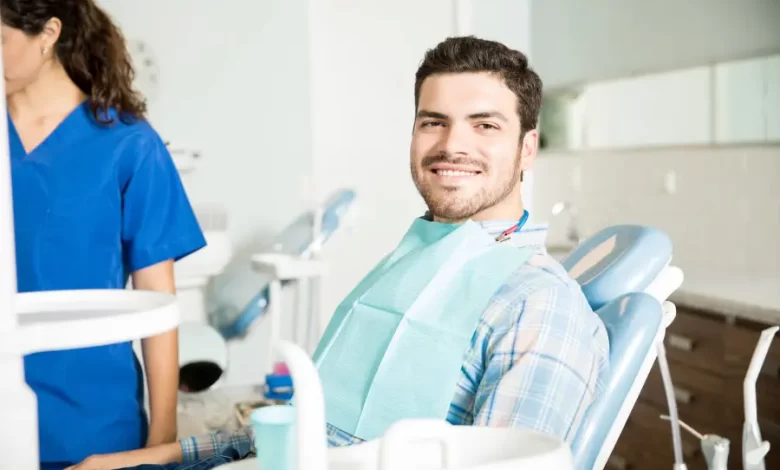How Dentists Treat Patients With Multiple Allergies

In Oshawa, dental care is not just about keeping your teeth healthy but also about your overall well-being. People with allergies often worry when going to the dentist. They may be concerned about the safety of dental materials or treatments. Allergies can cause reactions to medications, anesthesia, or even some materials used in dental offices, like latex.
Fortunately, dentists in Oshawa are trained to handle patients with different needs and circumstances. They have the tools and knowledge to treat people who are allergic to medications, topical treatments, or certain materials used in dental work. At the first visit, the dentist will carefully ask about your allergies and medical history.
The consultation period is crucial for this very reason. The more they know about your medical history, the better treatment plan they can curate for you. This will reduce the risks and make sure the dental visit goes smoothly. If you have allergies, do not hesitate to speak to a dentist at a family dentistry Oshawa.
Preparations for patients with allergies
The first step in pre-treatment preparation is to remove allergens from the dental office. For example, latex gloves are avoided since some people are allergic to latex. Instead, dentists use gloves made of nitrile or vinyl.
Dentists also create customized treatment plans by discussing their medical history beforehand. Some patients may be allergic to certain ingredients in anesthetics. Dentists can then choose alternatives that are safer for the patient.
A crucial part of pre-treatment is working with allergists. Allergists can help dentists understand the patient’s specific allergies and how they might react to certain materials or medications. For example, if a patient is allergic to sulfa drugs, anesthetics with those drugs will be avoided.

Alternative materials and medications for allergy patients
To treat allergic patients without any adverse reactions, it is important to pick the right materials and medications. One of the most important changes in dental offices for patients with allergies is removing latex products. Many patients are allergic to latex, so dentists use latex-free gloves, rubber dams, and other equipment.
Materials like nitrile, vinyl, or chloroprene are safe alternatives. Dentists also ensure that other items, such as impression trays and bonding agents, are latex-free.
Anesthesia is a key part of dental care, especially in extensive surgeries. Some anesthetics contain preservatives or sulfites, which can trigger allergic reactions. Dentists may replace them with non-allergenic anesthetics, such as articaine.
Lastly, pain relief medications are an important part of dental treatments as well. Some common pain medications, like ibuprofen, can cause reactions in people with aspirin sensitivities. In these cases, dentists may recommend alternatives like acetaminophen or topical anesthetics.
Managing allergic reactions during treatment
When it comes to managing allergic reactions during a dental treatment, recognizing the symptoms is key.
Allergic reactions occur in different ways in different patients, such as swelling, hives, and trouble breathing. For example, swelling or hives might appear around the area where dental work is being done.
Some extreme reactions, such as anaphylaxis, can show symptoms like shortness of breath, wheezing, and swelling around the lips, tongue, or throat.
If an allergic reaction does occur, it is important to act quickly. Dentists and their teams usually have emergency protocols in place to handle such situations.
For mild to moderate reactions, antihistamines can help reduce symptoms like itching and swelling. However, if the reaction is severe, such as anaphylaxis, an epinephrine auto-injector is required.
After an allergic reaction, it is important to monitor the patient closely. Some allergic reactions may show up later, hours, or even days after the procedure. Dental professionals should keep an eye on patients for signs of delayed reactions.
Concerned about allergies at the dentist?
Your dentist can create a safe and comfortable treatment plan. Discuss your concerns with your dentist. Schedule a consultation today!




